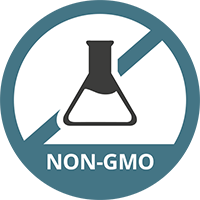What Is Liposomal Technology?
Liposomal technology is a quick way to deliver active nutrients to your cells via liposomes – spherical vesicles containing phospholipid (fat) bilayers that can easily cross through cell walls.
How Liposomal C Works
Vitamin C is an electron donor (reducing agent/antioxidant), and many of its biochemical and physiological functions are postulated to be accounted for by this function. Research is ongoing as to the precise means by which vitamin C effects humans, especially within the central nervous system and immune system. Findings suggest that vitamin C is imperative for supporting neuronal differentiation and maturation, as it appears to increase brain-derived neurotrophic factor (BDNF) – a peptide that contributes to cell survival and replication.
Vitamin C also appears to increase catecholamine synthesis by acting as a co-substrate for enzymes that help form dopamine and noradrenaline. Studies suggest that deficiency of vitamin C increases risk of depression, accelerates neurodegeneration, and suppresses cognitive function (by decreasing catecholamine production). Research has shown that as little as 250 mg of vitamin C per day can support healthy cortisol levels, especially in active individuals.
Vitamin C is needed for the body to synthesize collagen, a key component of connective tissues. When the body lacks vitamin C, the risk of a collagen-related disease called scurvy increases; this condition can cause symptoms such as lethargy, anemia, and skin issues. Consuming adequate vitamin C, through diet and supplementation, can help protect against scurvy.
These statements have not been evaluated by the Food and Drug Administration. This product is not intended to diagnose, treat, cure, or prevent any disease.








